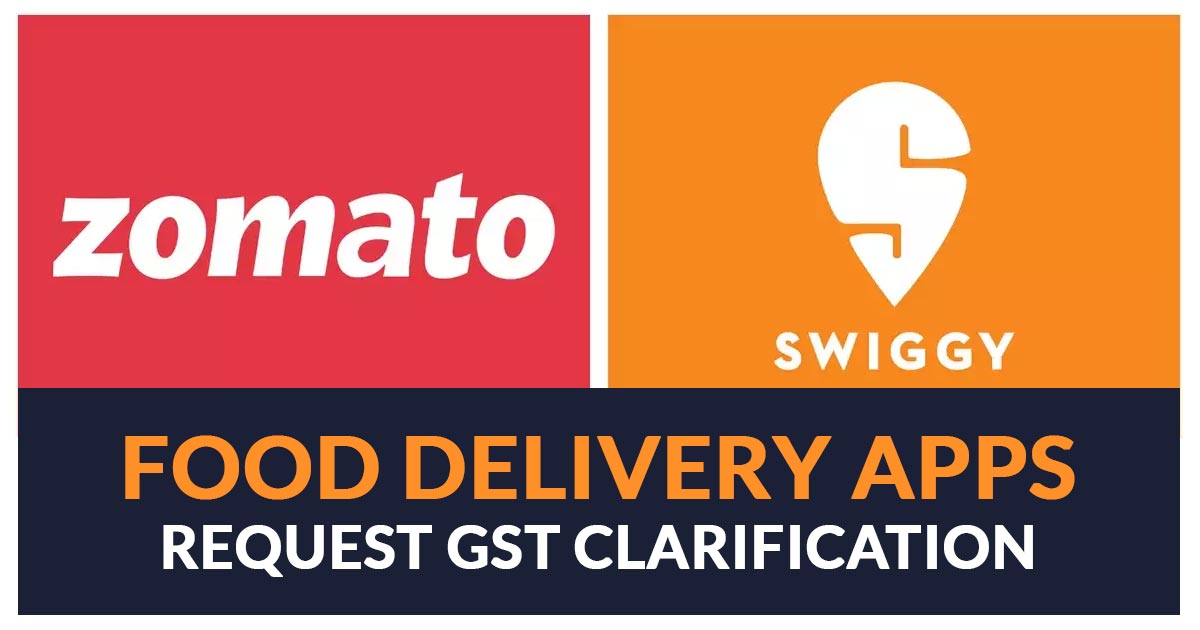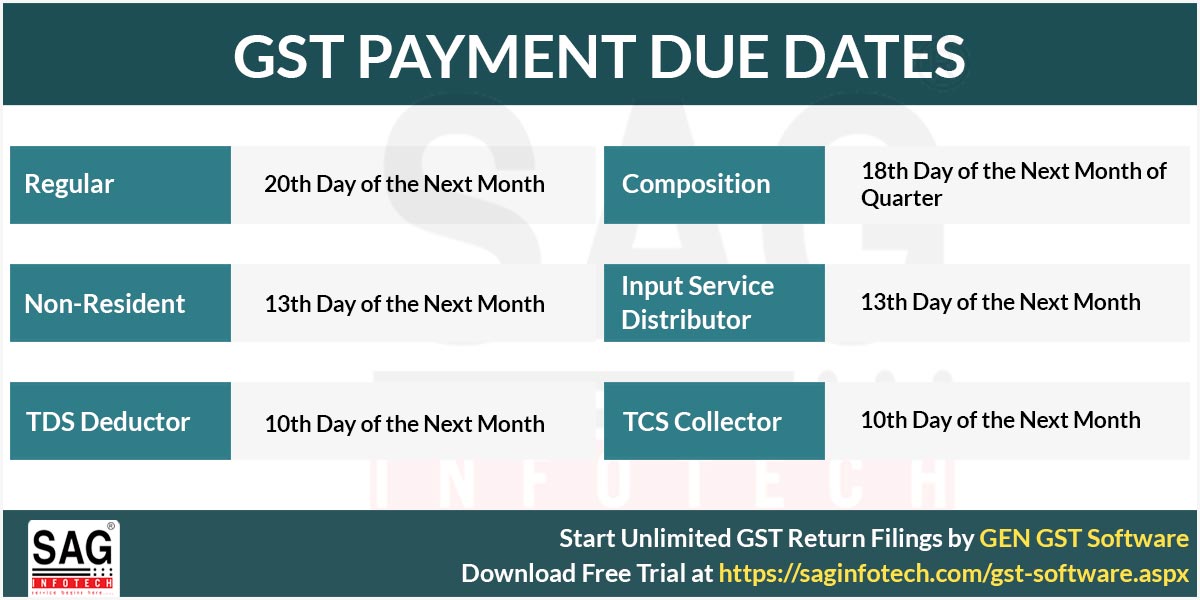
Food delivery companies like Swiggy and Zomato have outreach near the government and asked for an explanation about the current decision to treat them at par with restaurants within the Goods and Services Tax (GST) structure.
These companies expect clarification across how the GST would be imposed and either this shall lead to “tax cascading” or problems in claiming input tax credits.
“The GST Council has said that food delivery platforms such as Swiggy and Zomato should cough up 5% GST, same as other eateries.”
These platform’s taxes will come into effect from January next year. Whereas people know the development, ventures are worried due to the form the tax system works, it might get the jump in their overall cost.
Zomato and Swiggy mailed a query where they did not obtain any response. So, apparently, these companies pay GST 
“In most cases, the restaurants charge 5% GST on the food they provide to platforms, which is passed on to the customers. The question is, what happens to the input tax credit, as restaurants are not allowed tax credit, told a person aware of the development.”
So, back in the day, if you ordered worth Rs1,000 of food from Swiggy, then the restaurant would add 5 % GST on the cost ( Rs 50 in GST).
Now, GST 5% will be applicable on Rs 1,050. Meanwhile, the government has said that this is not intended to affect the price of the customers, ‘the platforms want clarity on the precise methodology of the tax, said people aware of the development. Legal experts say because of the dearth of input tax credit and various difficulties, Swiggy and Zomato might see tax gush or twice taxation.
As GST might be implemented on two steps of the supply chain – 1st by the restaurants, then 2nd by the platforms – they will not be applicable to fix it within the input tax credit device.
“The tax cascading due to the proposal must be the last thing as the indirect tax cost will be recovered from the final consumer and GST Council has been extremely pragmatic for the foods & beverages sector, told Abhishek A Rastogi, the partner at Khaitan & Co.”









